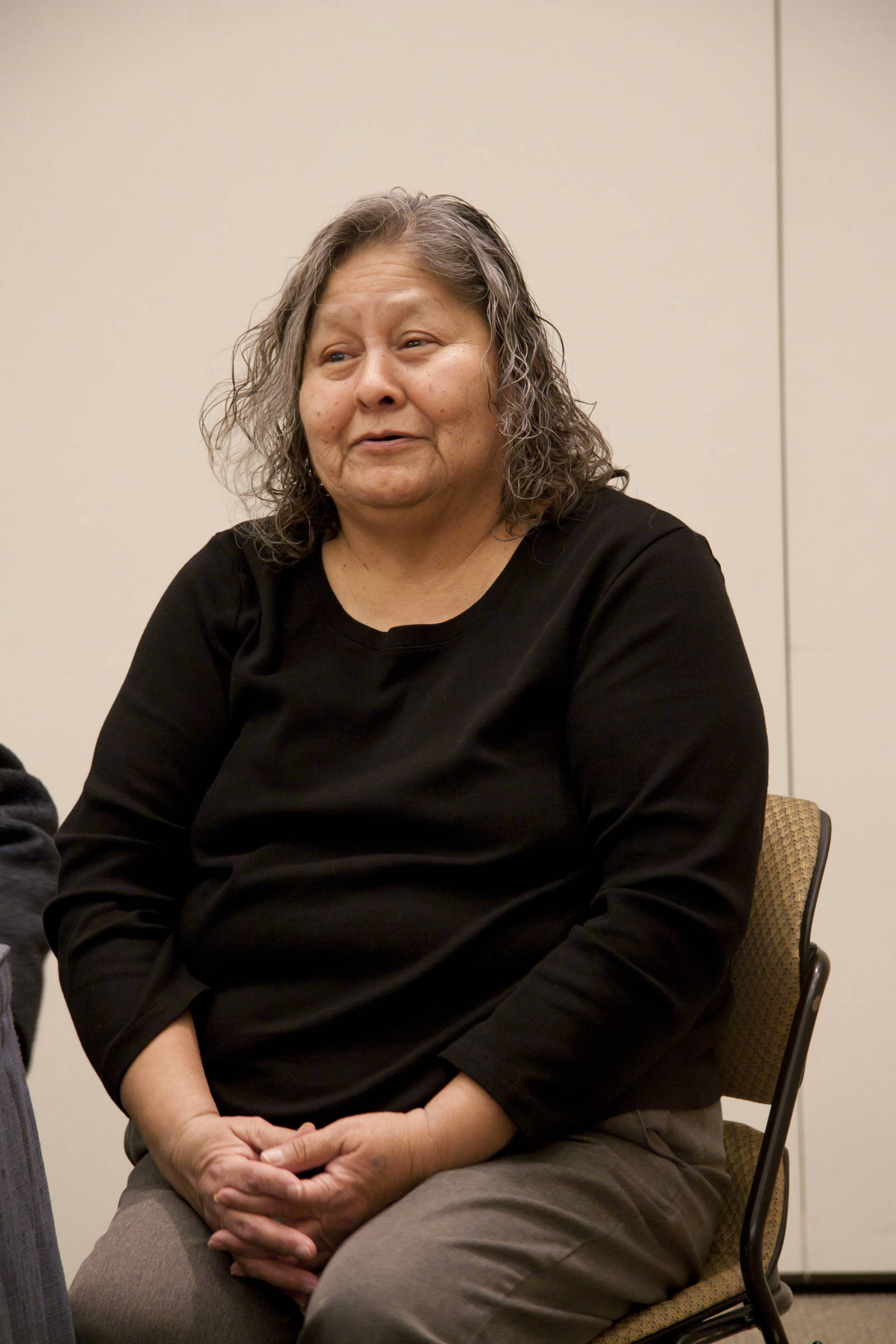ABSTRACT
Nez Perce Indian bands played sophisticated jazz in the 1930's and 40's? Wearing eagle feather headdresses and buckskin pants? In fancy white clubs where they sometimes had to eat in the kitchen or leave town as soon as their last set ended? Yes, yes, and yes.
Music has always been a central form of power and identity for Native peoples, and it was challenged and complicated when European newcomers introduced their musical traditions to indigenous North Americans, often through the setting of the compulsory boarding school. Boarding schools emphasized Western music education in specifically in order to "civilize" Indians, yet cross-cultural forms of indigenous musical performance soon began to take shape. The bicultural productions and identities that grew from this musical attempt to "Kill the Indian and Save the Man" are many and diverse.
During this oppressive era of Indian-white relations, Indian musicians found ways to "re-present" American Indian history, culture, and contemporary issues, and to imagine and construct liberatory identities, communities, and nations through a musical performative cultural politics. A musical education that began in U.S. government schools often as martial music such as Sousa marches, was transformed by Indian musicians into one of the most liberatory of all musical genres: jazz. This is an example of Anishinabe (Ojibway) scholar Gerald Vizenor's concept of survivance: survival + resistance and the repudiation of dominance. Learning about Nez Perce Indian jazz performance history helps us understand that tradition is not static, that identities are emergent, and that Native people make things their own in the interest of the continuance of the people and nation.
This presentation will illustrate what results when one spoke in the wheel dominates and oppresses another. But in that oppression there can also arise and be created a new spoke of resistance, in the form of Nez Perce Jazz. It is through this musical expression that Nez Perce musicians found a way to transcend and bridge what can divide and create schisms: speaking in the universal language of music.
For more information: Rodney Frey



